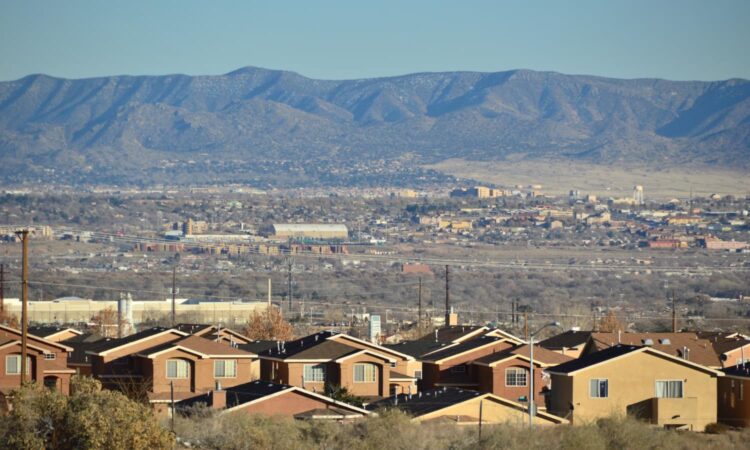Housing fairness is now more important in Arizona because the cost of homes is going up. There are also some problems still happening from COVID-19, and many people are getting warnings about eviction. The governments that we have locally can make a big difference by making sure everyone follows the rules for fair housing so everybody gets an equal chance to live somewhere good.
In this article, we look at what these local governments should do to support fair housing in Arizona with new information and plans they’ve made recently to tackle issues around where people can afford to live.
Local Arizona governments advocate for equal housing and endorse pleasant leisure activities, such as gambling. Tribal casinos stand out in their influence on the local economy by offering employment and entertainment options to both residents and tourists.
Understanding Fair Housing
The Fair Housing Act of 1968, which mostly manages fair housing laws, has the objective of removing bias in lodging based on elements like race, color, nationality origin, religion or belief system, gender status, and disability.
Arizona also possesses a series of regulations that boost these defenses, such as the Arizona Fair Housing Act, which extends federal protections and deals with prejudice in lodging practices at the state level. Local administrations are responsible for applying these rules via different programs and drives; they play a critical part in advocating for equal housing opportunities.
Moreover, cities such as Phoenix and Tucson have set up fair housing departments to tackle local issues. For example, the Equal Opportunity Department in the City of Phoenix offers help for people who think they face housing discrimination. By operating at a community level, the local governments can react quickly and efficiently to problems related to housing and guarantee equal treatment for every resident.
Key Responsibilities of Local Governments
Local governments in Arizona engage in several key responsibilities concerning fair housing:
- Fair Housing Laws Enforcement: Institutions at the local level, like Arizona’s Department of Housing, explore accusations related to unfair housing practices and confirm adherence to laws on both federal and state levels. They offer support tools for inhabitants who wish to report discriminatory conduct while also running educational sessions regarding fair housing regulations aimed at landlords as well as property supervisors.
- Policy Development and Implementation: Local administrations formulate policies for affordable housing and anti-discrimination. These may include modifications in zoning laws to accommodate various kinds of residences, obligatory housing policies that mandate a segment of new constructions to be economical, and backing non-profit groups providing services related to accommodation.
- Funding and Resources: Local administrations frequently dedicate money to sustain low-cost housing projects. This can include subsidies for the construction of affordable homes, immediate rent support plans, or legal help for renters under threat of eviction.
Supporting Affordable Housing Development
Many people living in Arizona, especially in popular areas such as the Phoenix metro region, are worried about being able to afford housing. Local authorities have put several plans and guidelines into action to help increase low-cost housing availability. These initiatives range from zoning adjustments that allow for more kinds of different houses to direct financial support for constructors to establish affordable units.
A significant attempt is Phoenix City’s Affordable Housing Initiative. This program aims to build or maintain thousands of budget-friendly houses in the coming ten years. Local administrations are using tax benefits and grant money to motivate private builders to incorporate economic housing into their plans.
These actions assist in bridging the disparity between high demand for homes and insufficient supply, thus guaranteeing that families with less income can secure accommodation that fits their requirements without it being too expensive for them.
Tucson’s Housing First Program is another instance. Its main aim is to offer housing to individuals who face continuous homelessness. The city collaborates with non-profit entities to simultaneously manage both accommodation and social service necessities. This approach assists in reducing the rate of homelessness in a long-lasting and inclusive manner.
Economic Development and Housing
Although accommodation continues to be a central concern, Arizona’s local authorities also acknowledge the significance of promoting economic growth to sustain community welfare. With the expansion of cities in Arizona, these local agencies strive to maintain equilibrium between housing and job demands alongside infrastructure enhancement and environmental preservation.
The commencement of projects aimed at boosting the economy—such as those inviting businesses or tourists—contributes positively towards achieving overall balance within communities; this creates more chances for inhabitants to find work opportunities and reasonably priced living spaces.
For example, the strategy for economic development in Tucson places importance on creating jobs in sectors such as technology and renewable energy. This can enhance earnings and thus allow more people to afford housing there.
Similarly, Phoenix concentrates on sustainable growth, especially with projects that are oriented towards transit. This promotes the building of residences in zones where public transport is easily accessible, which makes it simple for inhabitants to live at affordable costs without owning cars being expensive.
Conclusion
In Arizona, the local governments are very important in encouraging fair housing and addressing changes in housing issues. These governments enforce laws related to fair housing, help with affordable house-building support and meet the unique demands of their communities to make sure every resident can access safe, stable and budget-friendly homes. What’s more, by focusing on sustainable economic growth, they ensure that solutions regarding houses align well with the larger needs of the diverse community living within this state.
